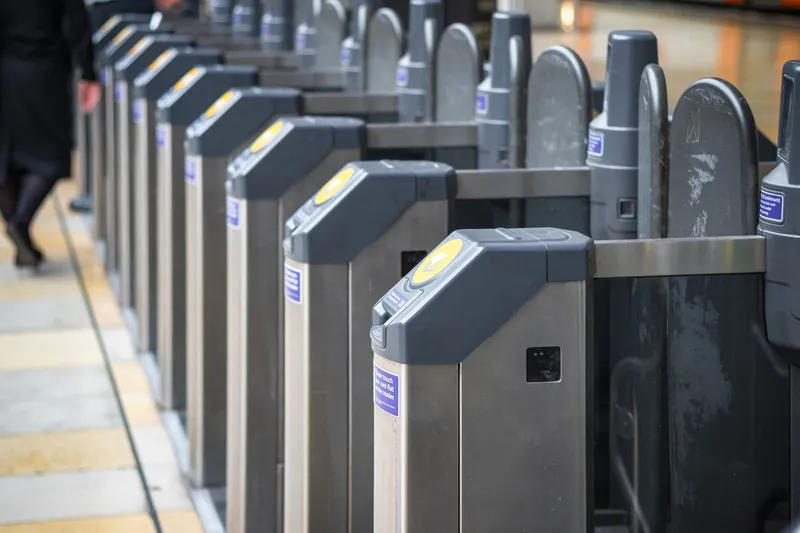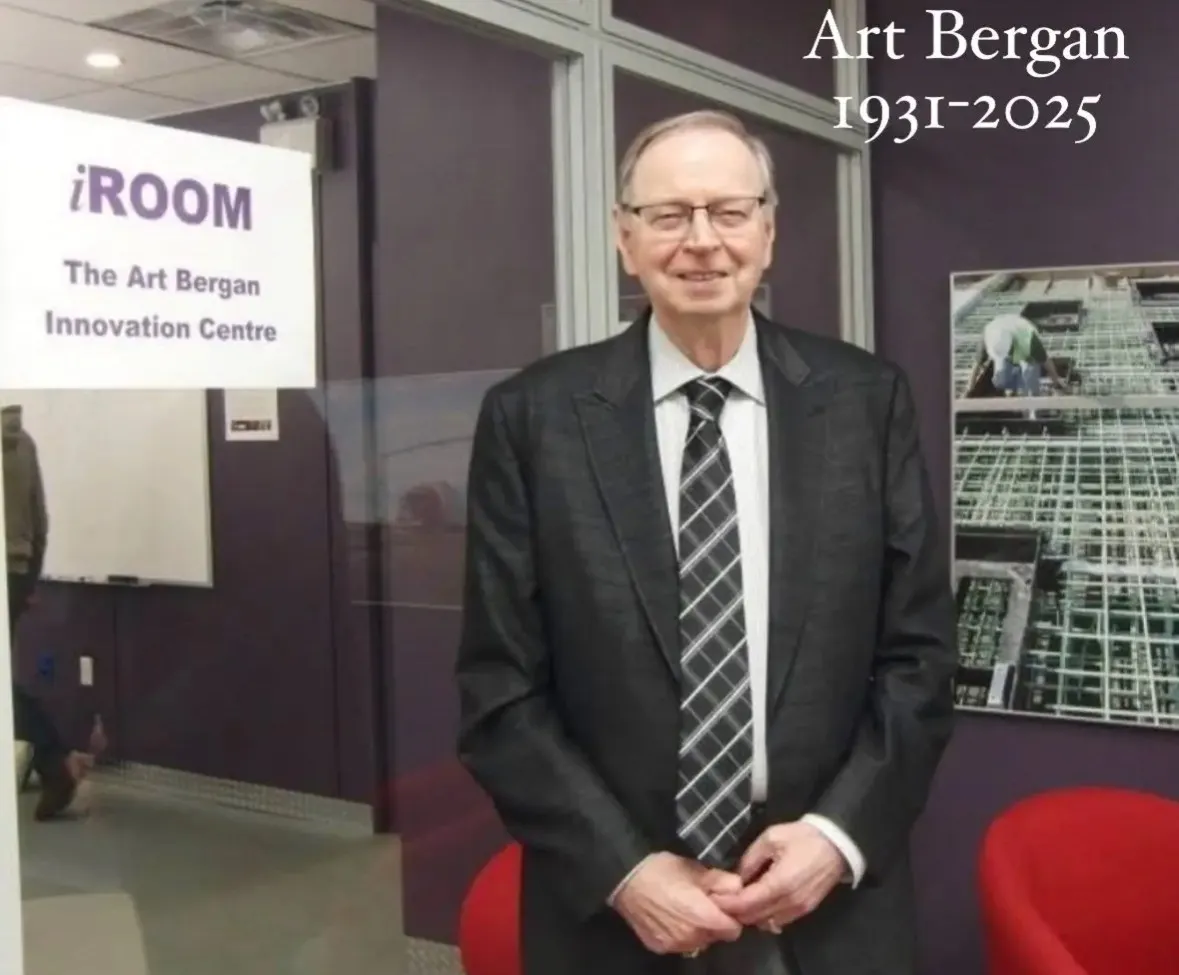Austrian-based traffic technology group Swarco has appointed Cees de Wijs as its new Chief Executive Officer. De Wijs, who has almost 20 years of experience in traffic and transport telematics across all transport modes, will take up his new position on 1 January.
De Wijs, aged 45, is a Dutch national and holds a PhD degree in engineering from Delft University of Technology. He previously worked for Royal KPN Group and Logica where he was transport and logistics group director, responsible for the comp
December 17, 2013
Read time: 2 mins
Austrian-based traffic technology group 129 Swarco has appointed Cees de Wijs as its new Chief Executive Officer. De Wijs, who has almost 20 years of experience in traffic and transport telematics across all transport modes, will take up his new position on 1 January.
De Wijs, aged 45, is a Dutch national and holds a PhD degree in engineering from Delft University of Technology. He previously worked for Royal KPN Group and Logica where he was transport and logistics group director, responsible for the company’s international intelligent transport systems business, including road pricing, vehicle telematics, logistic tracking and tracing and traffic management and the company’s Austrian road pricing projects. He also spent two years in Sweden working on the traffic management, signalling and toll system design for the Øresund Link.
From March 2010 de Wijs worked for4186 Xerox, where he was a member of the senior leadership council of Xerox Corporation and member of the board of Xerox Services global transportation and government business, including road pricing, electronic ticketing and fare collection, speed and red light enforcement and parking services.
Manfred Swarovski, Swarco founder and president of the Executive Board: “I am happy to have found in Cees de Wijs a young, yet experienced manager in our industry who is well prepared to tackle the challenges in modern traffic management in an increasingly mobile and interconnected world. I am convinced that his winning personality will help to further develop Swarco’s growth and leading positions in the world of traffic.”
Cees de Wijs, who is also a member of the Supervisory Board of374 Ertico, comments on his new role: “I have come across the people and technologies of Swarco many times and have great respect for what Manfred Swarovski and his team have created over the past four and a half decades. It is an honour for me to take the lead in a traffic technology solution provider that has one of the most comprehensive products and systems portfolios in innovative road safety and traffic management.”
De Wijs, aged 45, is a Dutch national and holds a PhD degree in engineering from Delft University of Technology. He previously worked for Royal KPN Group and Logica where he was transport and logistics group director, responsible for the company’s international intelligent transport systems business, including road pricing, vehicle telematics, logistic tracking and tracing and traffic management and the company’s Austrian road pricing projects. He also spent two years in Sweden working on the traffic management, signalling and toll system design for the Øresund Link.
From March 2010 de Wijs worked for
Manfred Swarovski, Swarco founder and president of the Executive Board: “I am happy to have found in Cees de Wijs a young, yet experienced manager in our industry who is well prepared to tackle the challenges in modern traffic management in an increasingly mobile and interconnected world. I am convinced that his winning personality will help to further develop Swarco’s growth and leading positions in the world of traffic.”
Cees de Wijs, who is also a member of the Supervisory Board of









